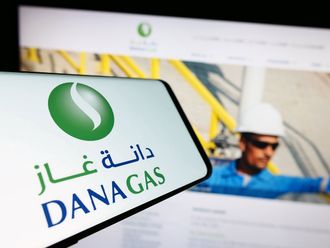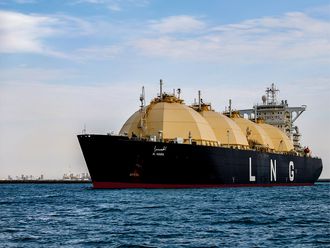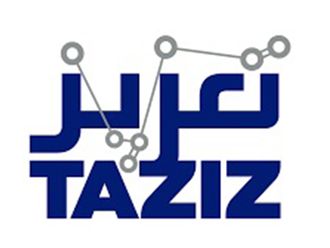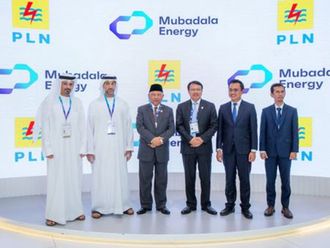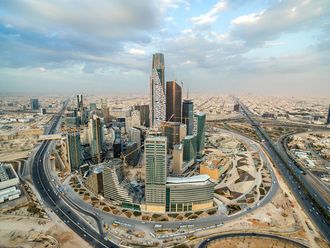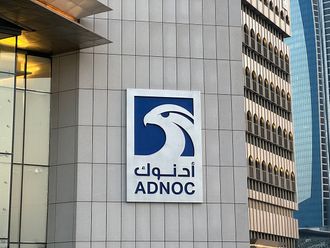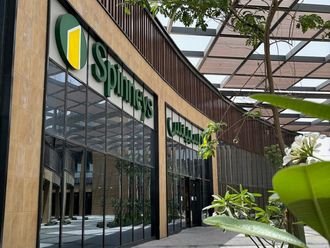Basra, Iraq: Hundreds of miles of mostly rusty pipelines cut across the bleak desert landscape near this southern port city under a smog-filled sky, as foreign crews in flak jackets, guarded by armed security, work nearby to extract the crude oil on which Iraq has pinned its future.
They are among the hundreds tasked with boosting Iraq's oil after the country awarded foreign firms access to its fields. But as they begin their work, the scope of their challenge is becoming painfully clear. Pipelines are old and their capacity is too low. Storage terminals are needed. Ports must be upgraded after decades of neglect.
Iraq is hoping to rake in tens of billions of dollars from its oil sector. But it's not a matter of simply ramping up production from the fields — Iraq's infrastructure is barely enough to move the amount of crude it's already producing to markets. Iraq's perennial security woes and a government still struggling to get its footing and direction all contribute to the uncertainty of how to these projects will move forward.
Samuel Ciszuk, Mideast energy analyst with IHS Global Insight in London, said Iraq's colossal projects will require a tremendous effort by the companies and more crucially by the Oil Ministry.
Finding workers
"Foreign investors will struggle to find enough skilled workers, equipment and material while controlling project costs," Ciszuk said in a recent analysis report.
"The Iraqi side, however, will struggle to muster enough financial resources to resolve the infrastructure bottlenecks for which it is responsible," he added. Few expected that revamping Iraq's oil sector would be easy.
The country, a founding member of the Organisation of Petroleum Exporting Countries (Opec), sits atop the world's fourth largest proven reserves of conventional crude. But decades of sanctions, neg-lect and, most recently, sabotage following the US-led 2003 invasion have left Iraq barely approaching the 3 million barrels per day it produced in the late 1980s.
Iraq's target, with the awarding of 12 oil fields to foreign companies since 2008, is 12 million barrels per day by 2017 from slightly over 2.7 million barrels a day now.
Iraqi oil officials say they recognise the problems that are surfacing as work progresses. An oil and gas expo was held in late Nov-ember in Basra, with most of the participants oil service companies.
The country's new oil minister, Abdul Karim Elaibi, said he will make the expansion of infrastructure a top priority in order to ease the bottlenecks that now threaten to slow down or halt the projects.
Increased capacity
"We have urgent plans to meet the expected increase," Elaibi told reporters at a recent press conference. "We already started some of them, and we will focus on starting the others."
A master plan adopted by the ministry in mid-2010 says Iraq is planning to add an additional four million barrel per day export capacity by 2013 from the south - the main export hub - up from current levels of 1.6 million barrels per day.
It also plans to increase the export capacity from the northern pipeline to Turkey's Ceyhan Mediterranean port to 1.6 million barrels per day from about 500,000 barrels a day now. A third planned project is a 2.5 million barrel-per-day pipeline network to transfer crude from the southern oil fields north to west to the Syrian port of Banias on the Mediterranean.
Baghdad late last year signed two deals with US engineering firm Foster Wheeler and Singapore-based Leighton Offshore Private Ltd to build new pipelines and four floating oil export terminals in the Gulf near Basra, which handles about 75 per cent of Iraq's oil exports.
Each terminal will handle 900,000 barrels a day. The first of the four is slated for completion by September or October.


